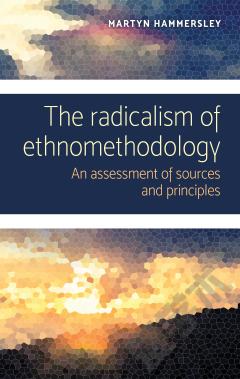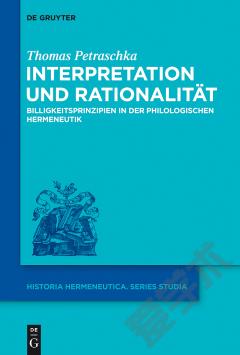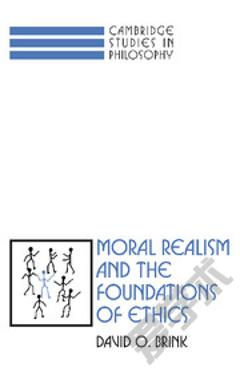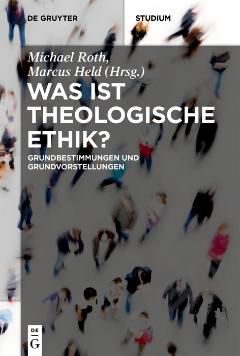The radicalism of ethnomethodology —— An assessment of sources and principles
----- 民族方法论的激进主义
This book outlines the radical character of ethnomethodology: the ways in which it differs from, and challenges, mainstream social science. It examines some of the fundamental, and decisive, issues this approach raises about how the social world should be investigated. It also explores several key influences upon it, notably the work of Alfred Schutz and phenomenology. In addition, a comparative assessment is made with the approaches of Erving Goffman and Georg Simmel, and the influence of ethnomethodology and conversation analysis on social research methods is examined. There is an in-depth investigation of the key principles to which ethnomethodologists and conversation analysts are committed, and some serious problems with these are identified. Both the strengths and weaknesses of the rationale for this approach, or set of approaches, to social inquiry are assessed in detail.
{{comment.content}}








 京公网安备 11010802027623号
京公网安备 11010802027623号